Burn Survivors & COVID-19: Thriving in a Post-Pandemic World
Written by Jennifer Harris
Introduction
With the onset of the COVID-19 pandemic, the world began to explore new ways to connect and engage despite needing to stay apart. However, even though technology provided us with the ability to keep the world connected—the need for physical connection with others remained. Humans need physical contact by nature—and with this suddenly ripped from under us, the world began to see the actual effects of this isolation. The need for mental health support has become even more necessary than before. Studies have shown that within the first year of the COVID-19 pandemic, the global prevalence of anxiety and depression increased by 25%.
The need for connection became even more true for burn survivors injured just before or during the pandemic. Survivors, at risk for complications from COVID, were asked to stay even further isolated from the world. Even more, survivors also had a decreased ability to "get out" at all—with grafts and healing wounds impeding their ability to connect outside the four walls of their homes or hospital rooms. While everyone felt that sense of 'languishing' (a term shared by the NY Times for that sense of emptiness we were all feeling), those experiencing a burn injury had a more difficult time with that sense of loneliness.
Before the pandemic, survivors could meet for in-person support groups or connect 1:1 with another survivor who had gone through a similar experience. Since the onset of the pandemic—hospital support groups shut down, and only necessary, essential staff were admitted to the bedside. Family and friends were not permitted in many hospitals, and those that could get in received minimal access. In addition, hospitals were no longer a place you wanted to be—unless you needed to be present—and staff rushed you home due to safety concerns. But once home, isolation truly began to set in, and not having a steady support system present became even more concerning.
Download a PDF version of this guide by filling out this form, or keep scrolling to learn more.
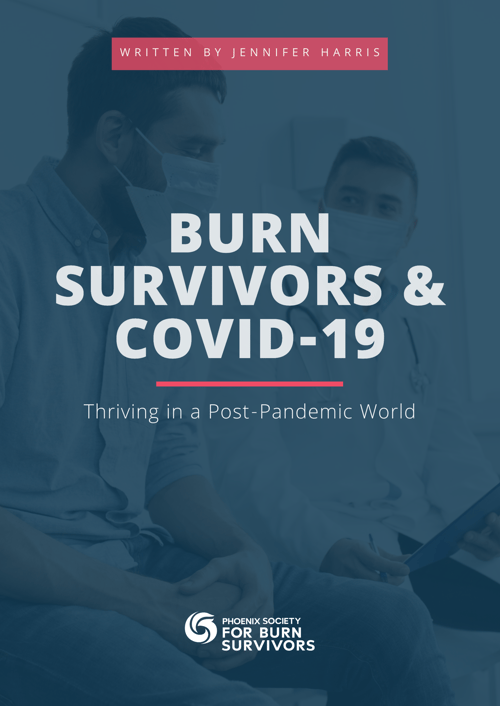
Complex Traumas
Virtual vs. In-Person Support
Overcoming Isolation Post-COVID
Symptoms of Trauma
Post Traumatic Stress Disorder (PTSD)
Telling Your Story, Your Way
Tips for Managing Your Trauma in the New Normal
Getting Resources for Support
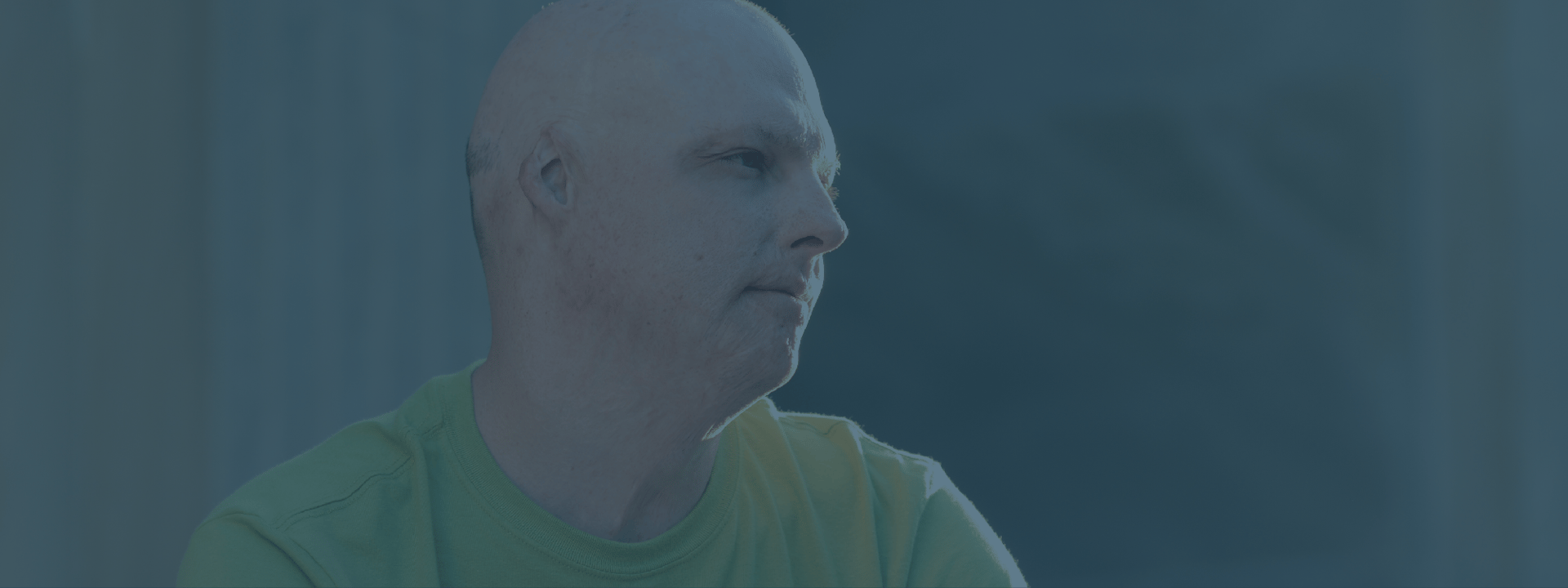
Complex Traumas
While we are starting to use the term more—there is often confusion about what complex trauma means. Currently, the term 'complex trauma' is not in the Diagnostic and Statistical Manual of Mental Disorders (DSM). Many people think this means that traumas are stacked on top of one another, but it means traumas that repeatedly happen in childhood or haven't been treated for a long time.
For example, if a burn survivor was injured as a child and did not receive much support or community around them, the trauma of not dealing with your trauma can be complex. Many survivors who haven't 'dealt' with trauma might experience self-harm or substance abuse or use coping mechanisms that don't help the brain cope with the emotional and cognitive pain that trauma creates.
With this definition of 'complex trauma' in mind, COVID might contribute to a 'complex trauma' because it will further aid the feelings of isolation or lack of support. During that time, many people didn't have access to mental health support and didn't know there were virtual support groups or social media sources to provide it for them. Further, even if survivors knew these issues were present—they continued to deal with their isolation.
For a survivor, consistently talking about an injury can be traumatic, and if I have an injury and continue not to get help or support in a prolonged setting, this can cause that experience of a 'complex trauma.'
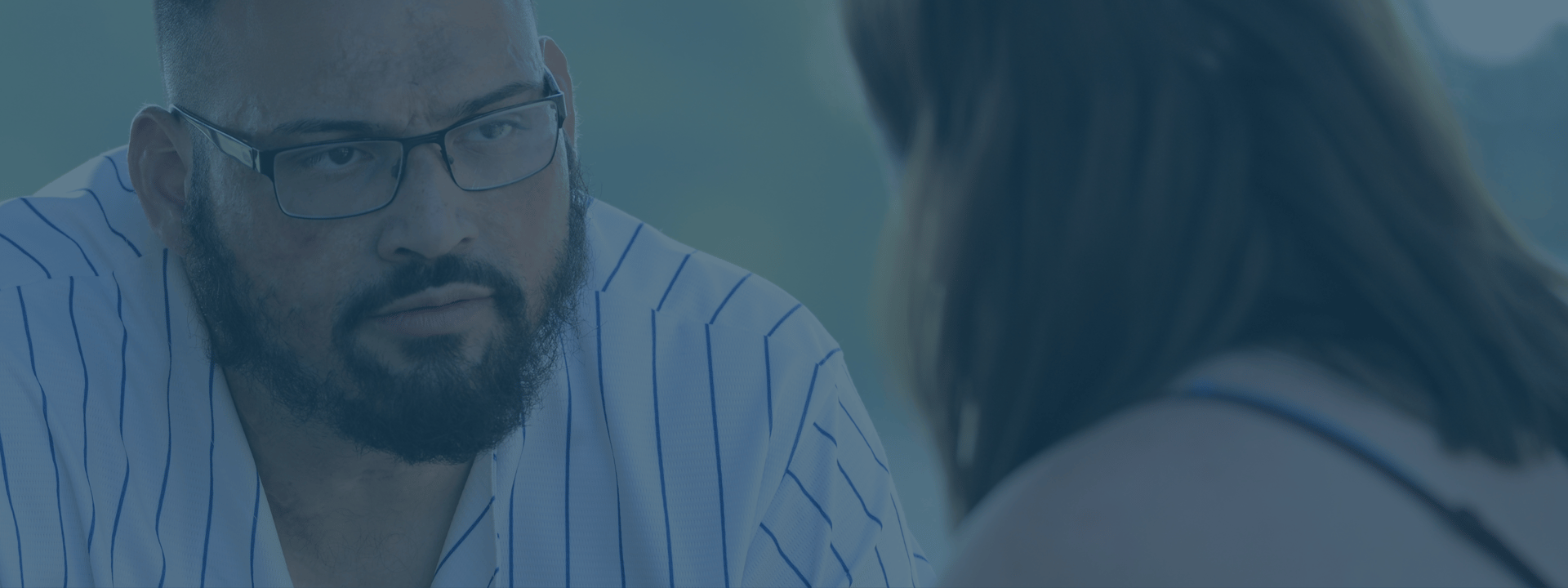
Virtual vs. In-Person Support
As a mental health clinician, I often hear from survivors that "virtual peer support is not the same." The truth is—it is not. Studies show that our brain and nervous system can become calmer when we sit with others who have walked a similar unique path. We know it is not the same experience as in-person support, but it is another resource for those unable to receive support or have minimal access to support resources.
The power of being able to sit in an environment—virtual or in-person, and share your story, is powerful. The power is not necessarily processing the details of the events and recovery. Instead, it is in being able to reauthor your account by speaking out the truth of what happened and what you are struggling with emotionally, feeling disconnected from, and impacting your sense of self. Allowing others to witness your experience who "get it" is proven helpful for a burn survivor. And most important, peer support provides validation that what you are experiencing is normal from people who know because they have experienced it too. Virtual support does not have to be a place where you spend an entire hour and a half talking—it can be just a safe space to join and listen. I am unaware of anyone who has attended a Phoenix Society virtual support group who does not want to attend again.
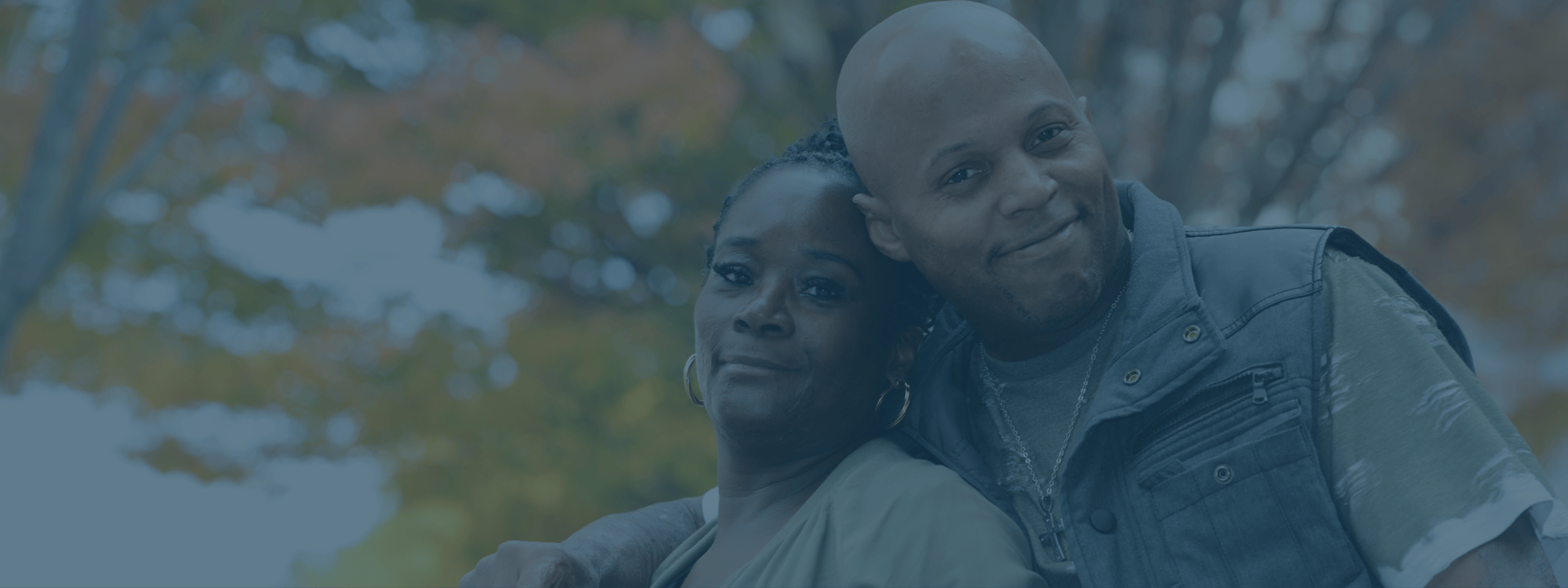
Overcoming Isolation Post-COVID
I enjoyed reading the book 'Together: The Healing Power of Human Connection in a Sometimes Lonely World' by Vivek Murthy before COVID-19. In his book, the 19th Surgeon General of the United States talks about how reaching out for help is enough to help you feel connected again. Reaching out to others, like Phoenix Society for Burn Survivors, and saying, "I need peer support"—is enough to get you started to feel connected.
We know humans are social creatures and need each other. Even someone that might live in the cold tundra of Alaska on their own needs a neighbor. As humans, our 'ego' is this voice that constantly reminds us of the negative we think about ourselves. Because of our' ego', we don't always look for help because we don't want to be a burden. In our country, we hold onto our independence and have fought so hard for it that we don't want to take away someone else's independence to help us. We think, 'this person will resent me' or further, 'they don't want to help me because they don't like me—the truth is, it is up to them to tell us if they can help us. What if we transformed those thoughts into what we needed? What if these ego-negative thoughts are a sign that your thoughts are communicating that you need and deserve support?
Reaching out to a friend and saying, "Hey, can we get coffee and chat" is a step toward allowing you to feel supported. It's the act of asking for help and feeling received. If we want to feel completely happy—this isn't something someone else can do for us. The ability to show up and give this gift to ourselves might be enough to lighten our mood so that we do not feel alone as intensely.
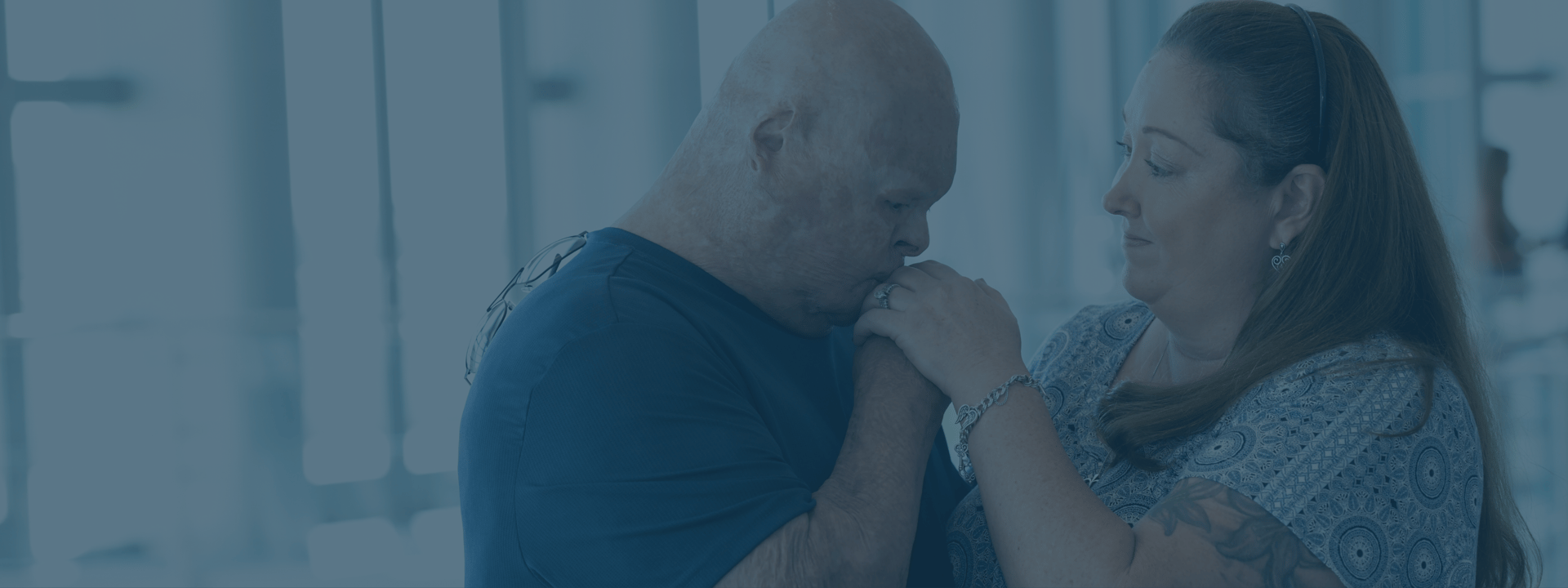
Symptoms of Trauma
At some point in our lives, we will probably all experience trauma and suffering, and it will likely happen more than once. When we experience this trauma, our brain tries to go through the things it needs to reconcile. Our brain holds onto the old narrative of what our life was supposed to be before a traumatic event and throws us into a new narrative. It takes time for our brain to adjust to our new story because everything about the new narrative is a new experience. As our brain reconciles our unique way of being, it wants to return to the familiar and feel safe again. We will experience some anxiety, depression, and cognitive disruption along the way because we are trying to navigate the 'new normal. It is essential to give ourselves compassion and patience to process because we need time to live in the new narrative and for our brains to feel safe.
Everyone experiences Post Traumatic Stress, and your brain is hyper-vigilant during this time to keep you safe. It becomes a disorder when you experience symptoms that do not subside after six months or impede your functioning and well-being. With trauma, if you're experiencing signs of cognitive dysfunction, such as not remembering things or not knowing the time—these are all signs that your brain is doing work.
Specifically, when someone spends a prolonged amount of time in physical healing in a burn unit, the hospital's primary focus is physical healing. For someone that has spent a lot of time in the hospital and then returns home, they finally realize what has happened. For many burn survivors, their post-traumatic stress healing is delayed, propelling them into Post Traumatic Stress Disorder (PTSD).
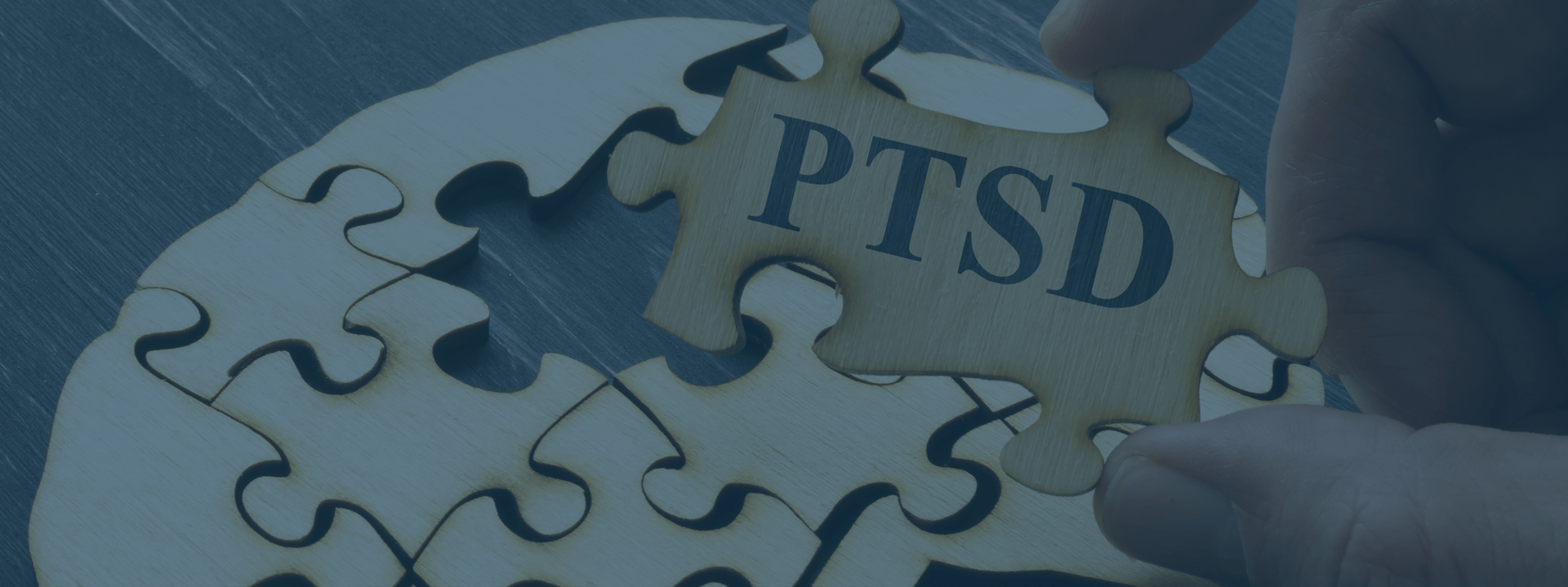
Post Traumatic Stress Disorder (PTSD)
Some people can heal from PTSD - but it can be absolute. Those with PTSD can be very aware that it exists. They are experiencing nightmares or flashbacks because they are triggered by something and want to know how to cope. There are other symptoms related to PTSD. Other signs that you may be experiencing PTSD include depression/anxiety, dissociation, reactiveness, sleep disruption, and avoidant behaviors—some may be cognitive impairment.
However, suppose someone is experiencing cognitive impairment. In that case, I always want to rule out that it is an organic issue that impacts the brain, such as smoke inhalation, lack of oxygen, or impact on the brain. If you're experiencing an impairment, you also want to be sure it is not from medication(s), which cannot show impairment issues on an MRI but can impact cognition. It is also worth seeking an occupational therapist or speech pathologist or performing neuropsychology testing.
Often when we are experiencing post-traumatic stress—we jump to beating ourselves up for what is wrong with 'me.' Instead of that shaming—we want to consider giving ourselves the grace, compassion, and patience we need to heal.
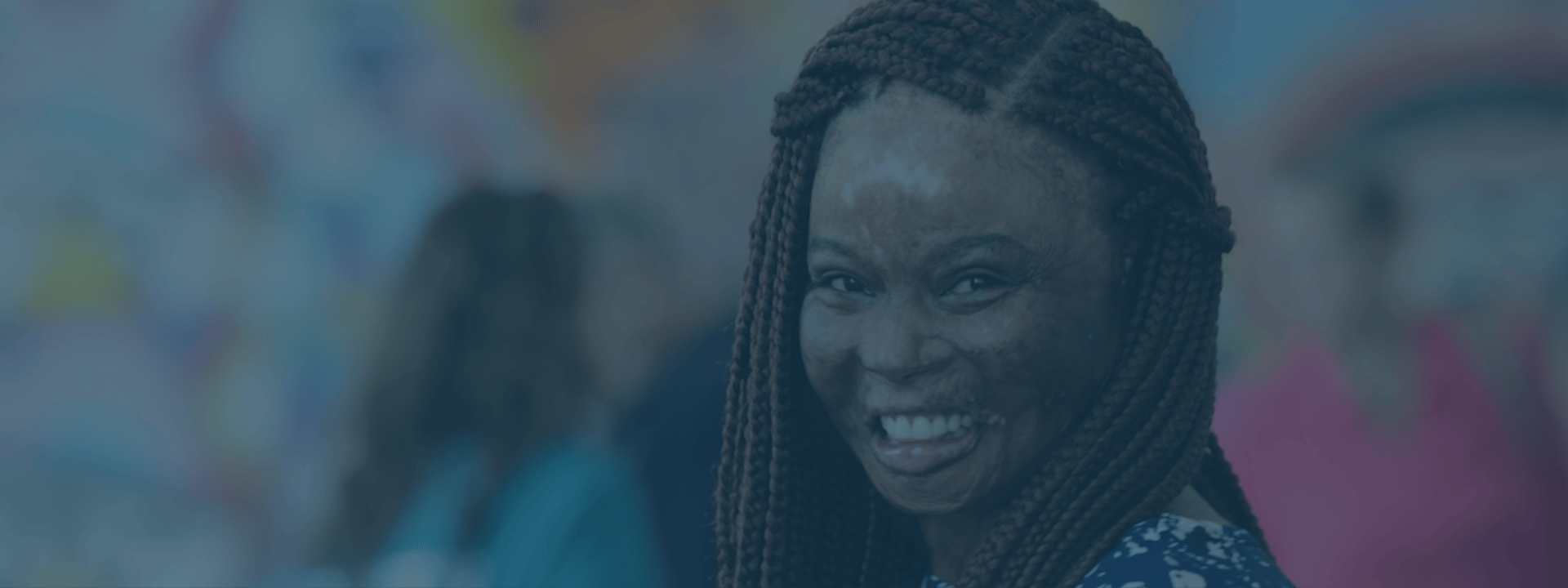
Telling Your Story, Your Way
We used to live in a world of trauma and mental health where you had to process it constantly before disassociating from it. However, when I talk with people about sharing their stories, I know it does not help them relive their stories. Rather than sharing the gory or in-depth details, it's okay to tell how it impacted you and what you might be struggling with now. The extra-personal stuff and all the details associated with it are not always helpful in sharing the impact of your injury—but how it made you feel is essential.
My working definition of Trauma is "anything that shifts or changes your identity without your permission". I am not necessarily talking about experiencing a struggle with not having a house—but perhaps the stress it creates. When survivors talk about peer support, they often talk about the details of whether I should be wearing sunscreen, what are the best compression garments, etc. These topics are important and are excellent conversation starters to ease into sharing your story and struggle. While physical care is essential, it is helpful in our healing to discuss how to continue to live our lives with the changes and challenges our scars create on our coping, emotions, physicality, family, and social well-being and impact the sense of self.
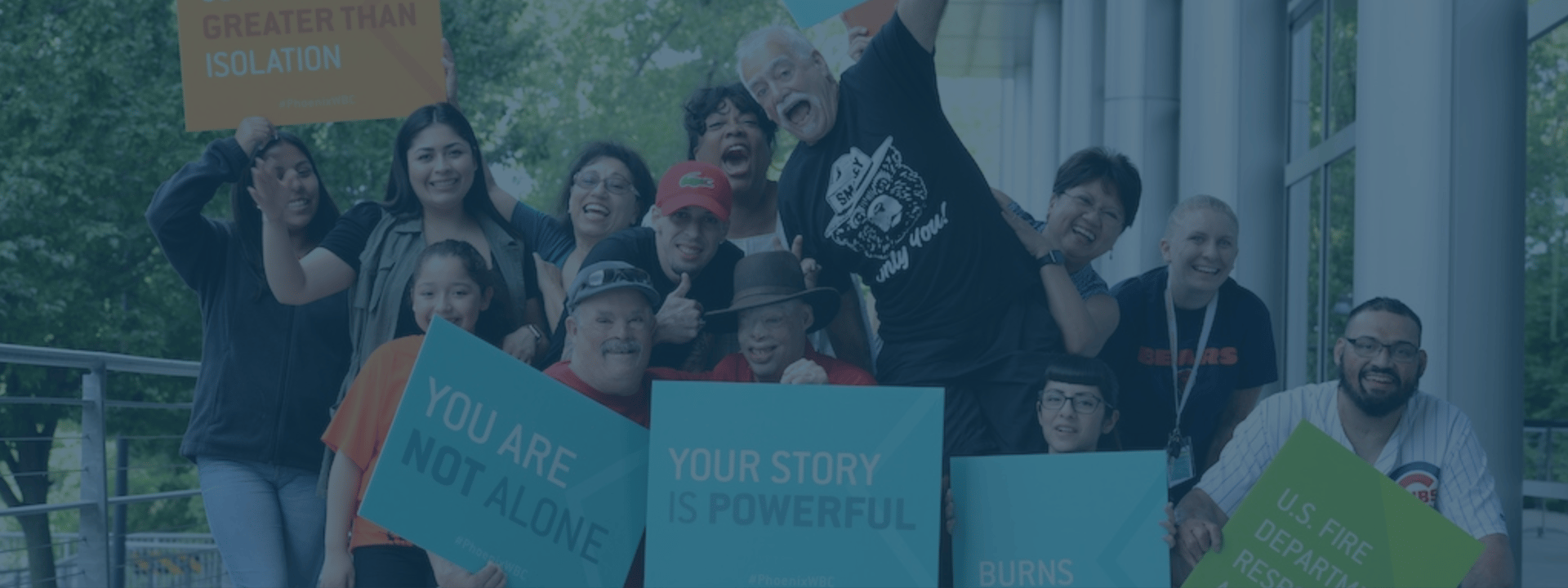
Tips for Managing Your Trauma in the New Normal
My first recommendation is to find support with a mental health clinician that you know and trust—but above this, here are a few tips I recommend to help manage your new normal.
Connect with Another Survivor
It feels obvious to repeat this, but the connection with another survivor is a powerful tool. As a therapist, I can talk to you as my patient about compassion and grace and navigating this new normal, but you might not hear it until you hear it from people who have been there. Therapy is excellent, but when I work with people in a group setting, with people who have had similar experiences, I see the power that that connection has. It increases resilience through authentic validation, decreasing loneliness, learning what is possible, and genuine positive encouragement from others who get it. It helps us understand that no one journey is the same.
Finding Patience in a Time of Uncertainty
It can be tough to find patience during this difficult time. It may take time to get back to walking how you used to or learn a new way to walk. I hear in support groups that validation of 'it's normal' can provide much relief when we lack patience. Confirming from other survivors that what you are experiencing is okay and that you are not alone in this struggle is very healing.
Finding Safety Post-COVID World
COVID reality took from us the ability to feel safe and use our support systems. Getting back out there in this world can be scary— especially when we lived in a time when it was not safe to connect with other people. As we move into a post-COVID reality, we are grappling with whether activity and being with others is safe. This uncertainty may create more or new anxiety when we are out. We may also find that our endurance to be with others is reduced. Social activities may be more exhausting. Our ability to tolerate stares and questions may be less. With this in mind—know and recognize that your endurance is lower. Instead of being present with someone for an hour like you might have done before, spend 20 minutes in a group setting and take a break. It's okay to build up that feeling of safety and security with time.
Showing Up for Ourselves
As burn survivors, if we experienced a burn injury around COVID, we also had the option of being able to choose if someone saw our scars. Even those with visible scars can hide behind a photo of themselves in a virtual setting. It can be exhausting to try to get out there again. Even those not burned before COVID are remembering what it is like to talk and re-adapt to being out in the world again.
We have all probably seen the memes on social media about being glad my friend canceled because I don't want to have to cancel again. But the truth is that we were initially really excited to have a few weeks to chill, but the prolonged isolation stress is natural. From a 'showing up' standpoint, we got locked in for so long—that we are now having a tough time showing up because we are not used to doing it. As a new survivor, you likely have the added fear that being a burn survivor feels scary—and you are worried you would face someone that will be critical of your journey.
Everyone struggles—and if you are hesitant to attend a peer support meeting, know that this is a safe space for survivors to listen to other survivors and not be judged for their journey. It allows survivors to no longer feel isolated or alone.
Practicing Mindfulness All the Time
I think this is something many people struggle to hear—how beneficial mindfulness is. If you have a therapist who says, "just breathe,"—that is not helpful. Many people wait for help when in crisis, and emotions/anxiety/depression/thoughts are intolerable. So, jumping right into meditation when in crisis and not having a developed practice will likely not be helpful and frustrating.
Mindfulness is a practice that is helpful to give your brain and nervous system space to be present and safe. When we learn what approach works for us to create that space, it can be easier to access it when we are in a heightened state of emotions/anxiety/depression. There are many ways to practice mindfulness, from breathing, guided meditation, mindfulness walks, knitting, creating art, journaling, golf, swimming … anything that allows you to be present and in the moment.
But when we are in a more heightened state, that are mindful things we can do to help our brain and nervous system come back to a safer space. Consider sitting and putting your head between your knees or performing a sensory naming activity, such as naming all the blue things in the room, tensing up all of your muscles and releasing, or getting a change of scenery.
Get Outside—Look at the Trees
My other advice is to get out of your space. Consider reaching out of your space to look at different surroundings. Get outside, sit somewhere new, or go for a short walk. Be sure to do it not just when things 'get bad'—but consider making it a daily practice. Getting outside is proven to help our mental health. Studies revealed that having a greener environment can lead to better mental health.
Calming Down Your Vagus Nerve
Your Vagus Nerve is the main nerve of your parasympathetic nervous system and plays a significant role in your body's nervous system. The parasympathetic nervous system controls the 'rest and digest part of your body—which is the counter to the sympathetic, which contains the 'fight or flight response. The Vagus Nerve involuntarily controls areas of your body such as digestion, heart rate, and immune system. If you can get this nerve to calm down, it will help your body relax.
There are lots of natural ways to try to calm this nerve, such as:
- Deep breathing
- Singing
- Massage
- Releasing your stomach muscles
- Cold water immersion
- A cold compress on your chest
- Laugher
Give Yourself Credit Where Credit Is Due
I find that a lot of the time—survivors do not give themselves enough credit for their resilience. If you see something working for your recovery and healing, keep doing it. You will know what is healing if it is meaningful to you, creates a sense of connection to yourself and others, and allows the intensity of emotions to be a little less and happen a little less often. Remember, you have done the hard thing; you are here and survived, and you can do the other hard thing to figure out when you need to thrive.
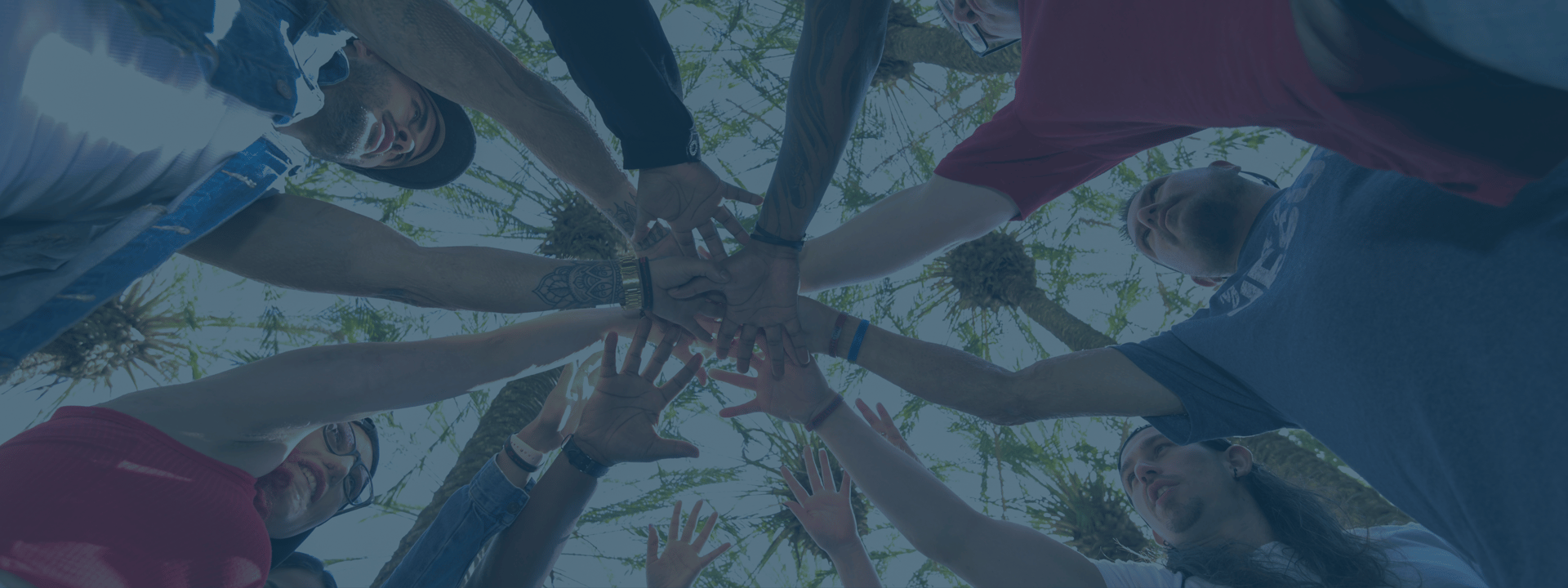
Getting Resources for Support
There are many ways to connect with other survivors, and Phoenix Society for Burn Survivors has several ways you can virtually connect if there is no support group near you. Here are a few options to stay connected both in-person and virtually to your burn survivor community:
- Virtual Support Groups
- Online Chat Peer Support Groups
- Join an Online Facebook Community
- In-Person Support Groups (View our Calendar)
- Phoenix World Burn Congress
- Adult Burn Retreats
If you or a loved one is feeling isolated, alone, or seeking support—we are here for you. Contact us today to learn more about how.
About the Author
Jennifer Harris, MSW, LICSW
Download a PDF version of this guide by filling out the form
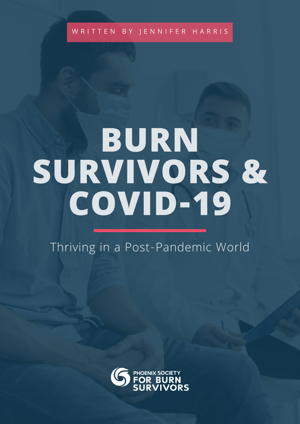
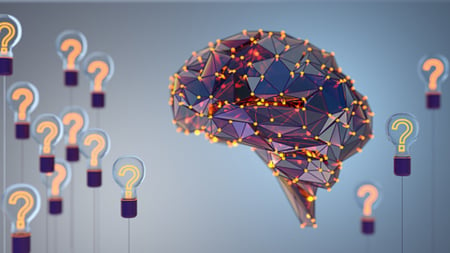
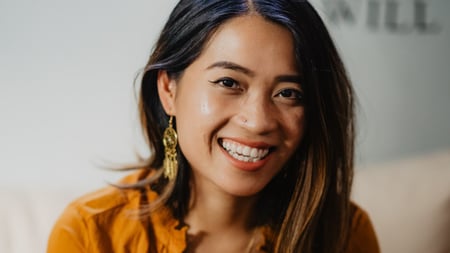
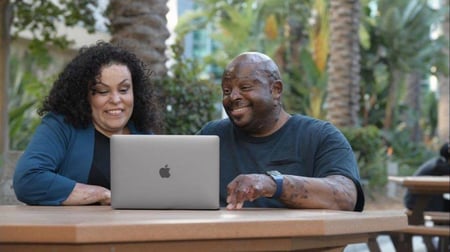
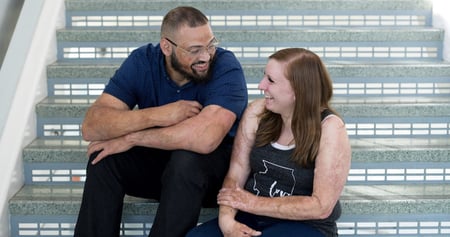
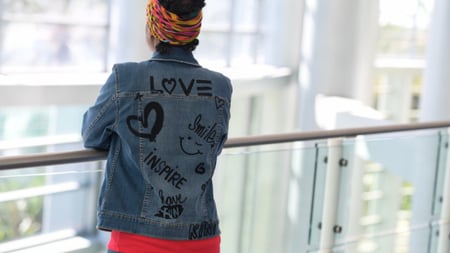
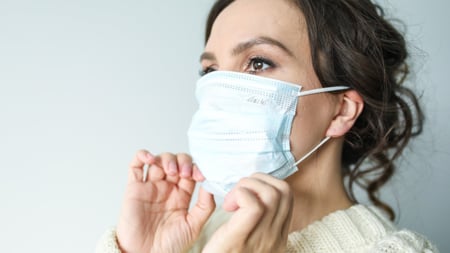
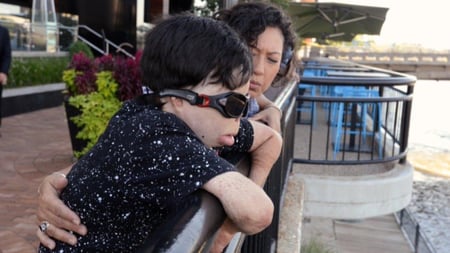
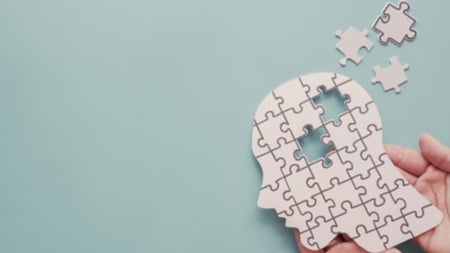
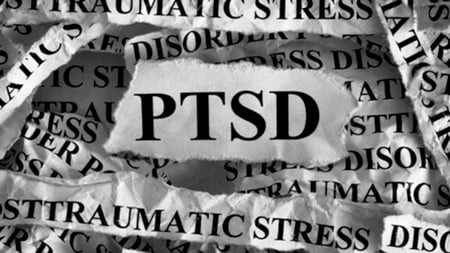
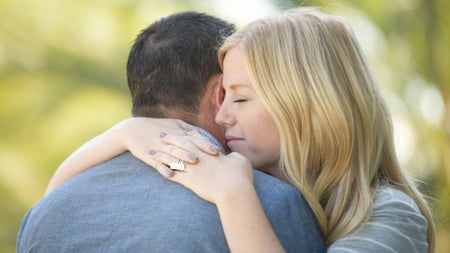
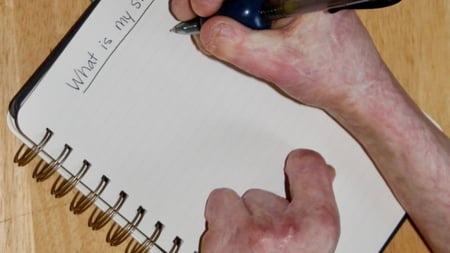
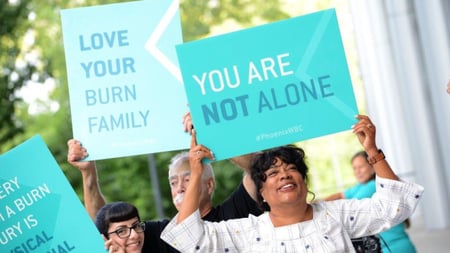
-1.png?width=450&length=450&name=Resource%20Center%20LIsting%20(7)-1.png)
-1.png?width=450&length=450&name=Resource%20Center%20LIsting%20(6)-1.png)
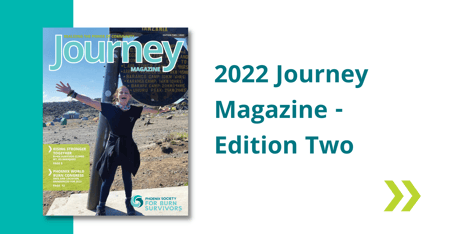
.png?width=450&length=450&name=Burns%20As%20A%20Chronic%20Condition%20(27).png)
